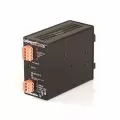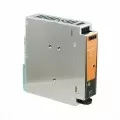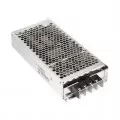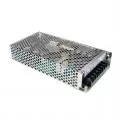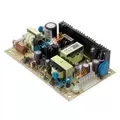OUTLINE:
Essential Components for New Energy Vehicles - DC/DC Converters
 144
144Step into the electrifying realm of DC-DC converters, where the pulse of innovation beats in harmony with practicality.
Brace yourself for an exhilarating exploration as we unravel the mysteries of these indispensable components.
From their silent transformations to their mighty impact, each revelation promises to spark your curiosity and fuel your creativity.
Get ready to embark on a journey where every discovery propels you towards unprecedented heights of achievement in your projects and aspirations.
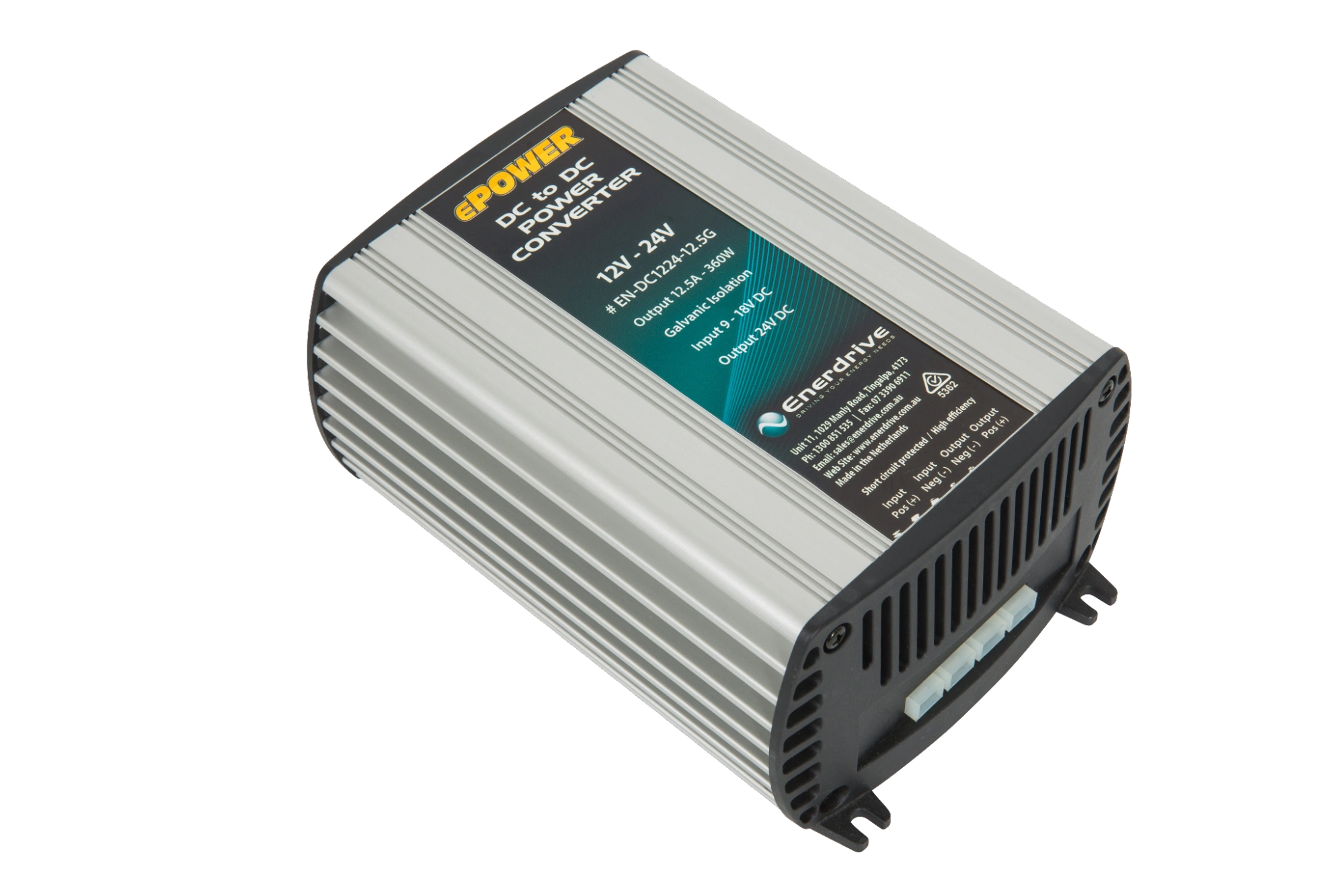
Image source:Enerdrive
Understanding the Definition of DC-DC Converters
DC-DC converters are electronic devices that transform direct current (DC) electrical energy from one voltage level to another.
They play a crucial role in various applications where it's necessary to efficiently regulate and control voltage levels, such as in power supplies, battery charging systems, renewable energy systems, and electronic devices.
These converters can step up (boost), step down (buck), or invert the input voltage, providing flexibility in voltage regulation to meet the specific requirements of the application.
Overall, DC-DC converters serve to optimize energy transfer and ensure stable power delivery in a wide range of electronic systems and devices.
What Are the Advantages of A DC-DC Converter
The advantages of a DC-DC converter are numerous and significant, making it a vital component in various electronic systems.
Here are some key benefits:
Efficiency: DC-DC converters are highly efficient in converting DC voltage from one level to another, minimizing energy loss during the conversion process. This efficiency helps reduce power consumption and heat generation, making them ideal for energy-conscious applications.
Voltage Regulation: DC-DC converters provide precise control over output voltage levels, ensuring stable and reliable power delivery to electronic devices. This capability is essential for maintaining optimal performance and preventing damage to sensitive components.
Flexibility: DC-DC converters offer flexibility in voltage conversion, allowing for step-up (boost), step-down (buck), or even voltage inversion. This versatility enables them to adapt to a wide range of input and output voltage requirements, making them suitable for diverse applications.
Compact Size: Many DC-DC converters are designed to be compact and lightweight, making them suitable for integration into space-constrained electronic systems and devices. Their small form factor contributes to overall system miniaturization and portability.
Isolation: Some DC-DC converters provide galvanic isolation between input and output circuits, which can be crucial for safety and noise reduction in sensitive electronic systems. Isolated converters help prevent ground loops and minimize electromagnetic interference (EMI).
Transient Response: DC-DC converters typically exhibit fast transient response characteristics, quickly adjusting output voltage in response to changes in load or input conditions. This capability ensures stable power delivery under varying operating conditions.
Reliability: Due to their solid-state construction and absence of moving parts, DC-DC converters are highly reliable and durable. They can withstand harsh environmental conditions and operate over a wide temperature range, making them suitable for industrial and automotive applications.
The Purpose of Using a DC-DC Converter
A DC-DC converter takes an input voltage, which can be higher or lower than the required output voltage, and converts it to the desired output voltage level efficiently.
Here's why we use them:
Voltage Matching: Devices often require a specific voltage to operate optimally. For instance, many electronic devices operate on 3.3V, 5V, or 12V. DC-DC converters allow us to match the voltage supplied by the power source to the voltage required by the device.
Efficiency: DC-DC converters are designed to convert voltage with minimal loss of energy. They can efficiently step-up (boost) or step-down (buck) the voltage, ensuring that the maximum amount of power from the source is available to the device.
Flexibility: In systems where multiple components operate at different voltage levels, DC-DC converters provide flexibility. They can supply different voltage levels to different parts of the system, enabling compatibility and efficient operation.
Noise Reduction: Some DC-DC converters can help reduce electrical noise, providing cleaner power to sensitive electronic components. This is particularly important in applications where clean power is critical for proper functioning and to avoid interference.
Battery Life Extension: In portable devices powered by batteries, DC-DC converters can efficiently regulate the voltage, extending the battery life by ensuring that the device operates at the optimal voltage level.
Renewable Energy Integration: In systems using renewable energy sources like solar panels or wind turbines, the voltage output can fluctuate. DC-DC converters can stabilize this fluctuating voltage to provide a consistent power supply to the load.
What Is An Example of a DC-DC Converter
One common example of a DC-DC converter is the "buck-boost" converter.
This type of converter can step up (boost) or step down (buck) the input voltage to achieve the desired output voltage level.
For instance, let's say you have a battery that outputs 24 volts, but your device requires only 12 volts to operate.
In this case, a buck-boost converter can step down the voltage from 24 volts to 12 volts efficiently.
Conversely, if your device requires 24 volts but your power source only provides 12 volts, the buck-boost converter can step up the voltage from 12 volts to 24 volts.
Buck-boost converters are widely used in various applications such as portable electronic devices, automotive systems, renewable energy systems, and more, where the input voltage may vary and needs to be regulated to match the requirements of the load.
DC/DC Development Trend
With the increasing maturity of power management chips, the continuous improvement of semiconductor process level, and the continuous intelligence of electronic design software, portable products have more and more functions. The future development mainly has the following trends:
1. The integration is getting higher and higher. Now power chips, especially switching power chips, combine multiple circuit functions of other chips, which can make the peripheral circuit design simpler and simplify the steps of welding and wiring. For multi-function and multi-output DC/DC, the internal circuit needs to do more work in terms of anti-interference.
2. Large load application. From low-power portable devices to new charging devices, the load current of the converter is also increasing.
3. Plannable internal control system. Traditional IC design focuses on power transmission as the design focus, which is not enough for the power supply efficiency control of the system. This requires the circuit to accurately measure the battery power, determine the working mode and the unnecessary modules that can be turned off according to the different input voltages, and reasonably allocate the power supply.
4. The multi-output function of the switching power supply is one of the goals. In many electrical appliances, there are different power supply requirements, requiring multiple voltage values. Switching power supplies with multiple outputs, independent switches and good stability are gradually becoming the mainstream of future power management chips.
The End
This comprehensive guide has illuminated the critical role of DC-DC converters in modern electronic systems.
By understanding their principles, capabilities, and applications, you are equipped to leverage their power effectively.
Whether it's optimizing voltage levels, extending battery life, or integrating renewable energy sources, DC-DC converters offer a versatile solution for diverse engineering challenges.
Embrace the potential of DC-DC converters to elevate the efficiency, reliability, and performance of your projects, propelling innovation forward in the ever-evolving landscape of technology.

Disclaimer: The views and opinions expressed by individual authors or forum participants on this website do not represent the views and opinions of Chipsmall, nor do they represent Chipsmall's official policy.

share this blog to:


